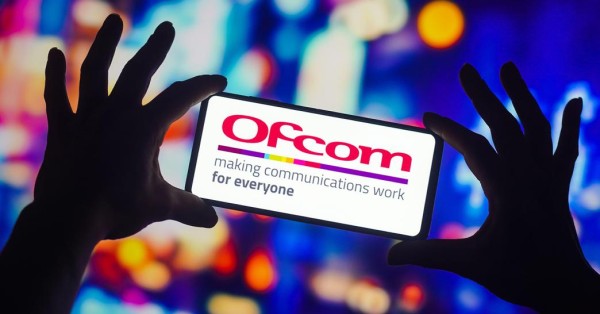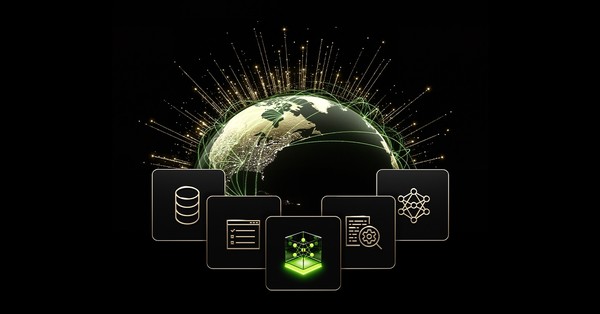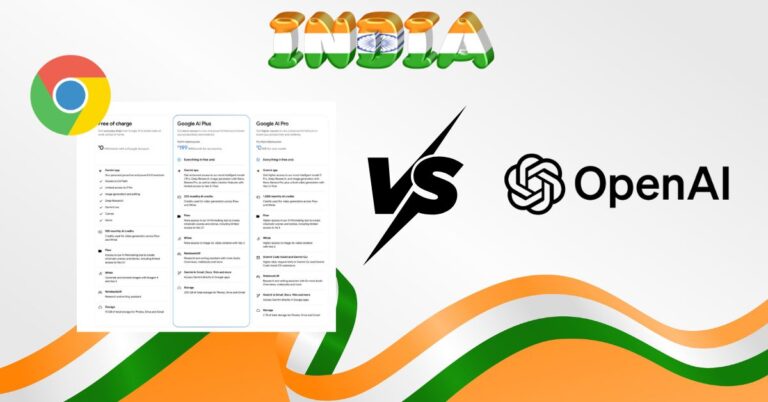- Hema Kadia
- Tech News & Insight
UK regulator Ofcom has opened formal investigations into BT (including EE) and Three after nationwide voice service outages this summer impaired access to other networks and to emergency services. BT notified Ofcom of a software-related failure that disrupted interconnect voice services to and from the EE mobile network on 24–25 July 2025. During the incident, many BT and EE customers could not complete mobile calls to other networks or reach emergency services. Three separately reported a UK-wide disruption to voice services on 25 June 2025, which also affected some customers’ ability to contact emergency services.
- Hema Kadia
- Tech News & Insight
As enterprises move from single-model chatbots to collaborative multi-agent systems, the economic and operational burden of reasoning at scale is becoming the dominant constraint. NVIDIA’s Nemotron 3 family introduces open models and tools designed to keep multi-agent systems fast, affordable and inspectable. The models use a hybrid latent mixture‑of‑experts design to activate only a fraction of parameters per token, combining it with a Mamba‑Transformer approach optimized for long sequences. Nemotron 3 Nano is a small, roughly 30B‑parameter model that activates up to 3B parameters per token, making it efficient for retrieval, summarization, assistants and software debugging.
- Hema Kadia
- Tech News & Insight
Orange has signed a binding agreement to buy Lorca’s remaining 50% stake in MasOrange for 4.25 billion euros in cash, targeting completion in the first half of 2026 subject to customary approvals. The agreement transitions MasOrange from a 50:50 joint venture to a wholly owned subsidiary of Orange, consolidating governance and simplifying decision-making across mobile, fixed, and converged operations in Spain. At closing, MasOrange is expected to be fully consolidated into Orange’s accounts, including MasOrange debt that Orange plans to refinance at or after completion, providing flexibility to optimize the capital structure and cost of capital.
- Hema Kadia
- Tech News & Insight
Orange Money Group and Visa are expanding a strategic partnership that brings a virtual Visa card into the Orange “Max it” app, letting users fund purchases directly from their mobile money balance for local and international e-commerce. The service is live in Botswana, Madagascar, Jordan, and now Côte d’Ivoire, with rollouts planned for Guinea, Burkina Faso, and the Democratic Republic of Congo. For Orange Middle East and Africa, which serves over 170 million customers in 17 countries and counts tens of millions of active mobile money wallets, this extends acceptance to the global Visa network while preserving the simplicity of a wallet-led user experience.
- Hema Kadia
- Tech News & Insight
Google has introduced a sharply priced AI Plus subscription in India to push generative AI into the mass market and counter OpenAI’s ChatGPT Go. The AI Plus plan launches at ₹199 per month for new users for six months, then moves to ₹399 per month. The bundle raises usage limits for Gemini 3 Pro, unlocks video generation within Google’s apps, expands NotebookLM’s “deep research” capabilities, and adds 200GB of storage across Google Photos, Drive, and Gmail. Family sharing is included, signaling a household-centric growth strategy.
- Hema Kadia
- Tech News & Insight
Rogers Communications has moved from beta to a commercial footprint for satellite-to-mobile in Canada, extending basic connectivity and select apps to consumer smartphones while adding an industrial IoT tier for remote operations. The new Rogers Satellite service enables a curated set of popular apps to work beyond terrestrial coverage, including WhatsApp calling, Google Maps, AccuWeather, X, and CalTopo on most modern smartphones. In parallel, Rogers introduced satellite-to-mobile for IoT businesses, targeting asset tracking along highways and rail, as well as sensor telemetry in forestry, mining, and other resource sectors where terrestrial cellular is sparse.








